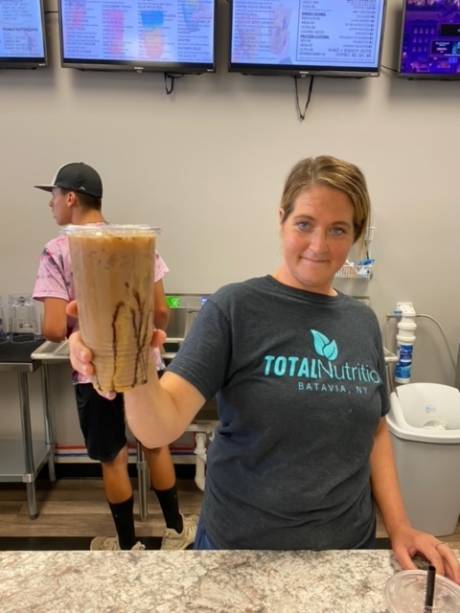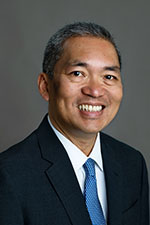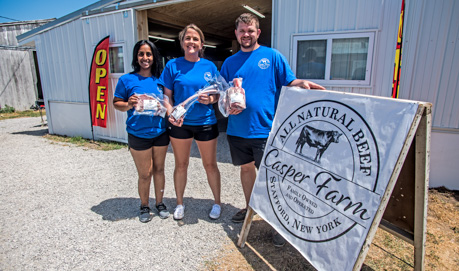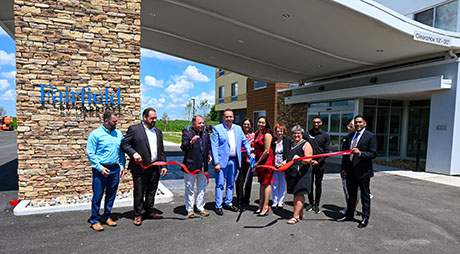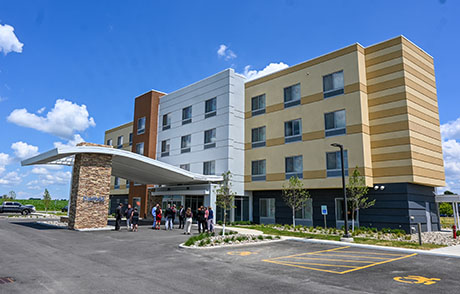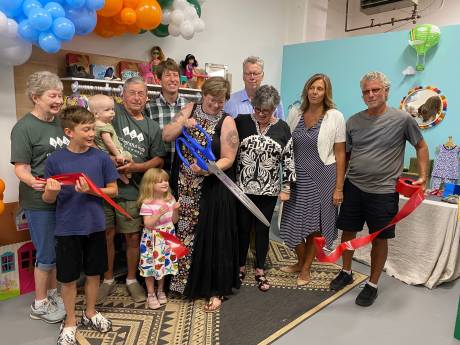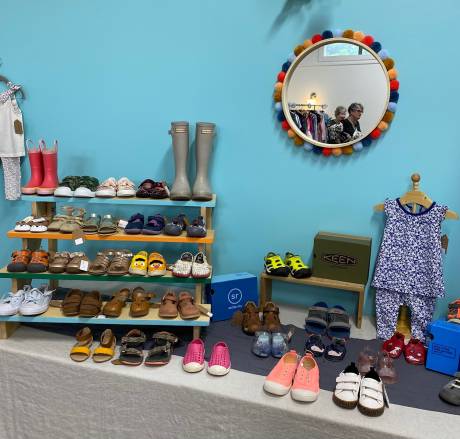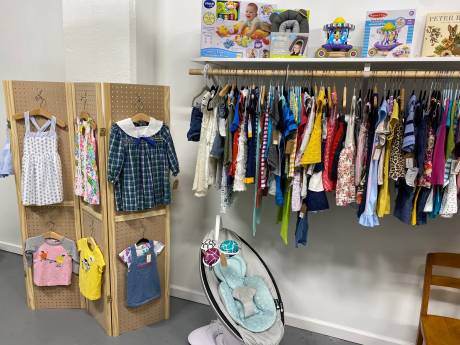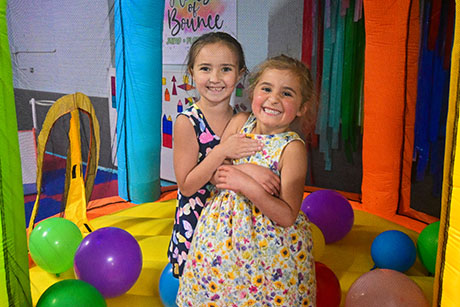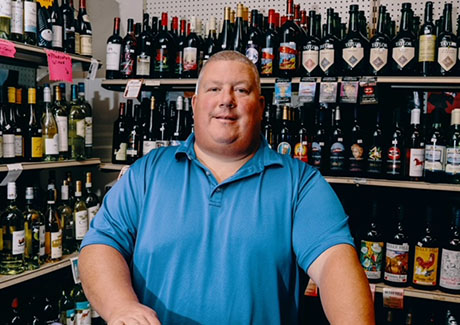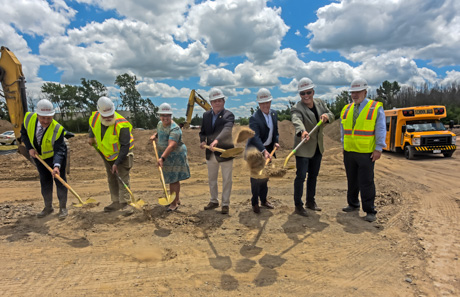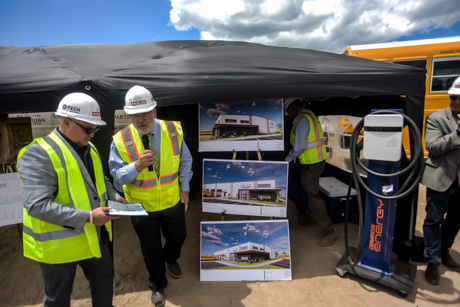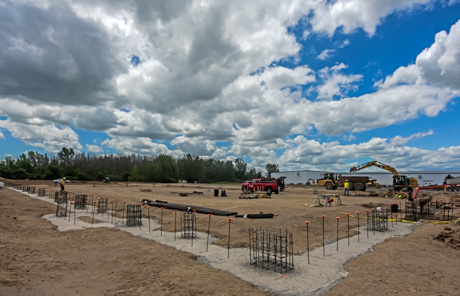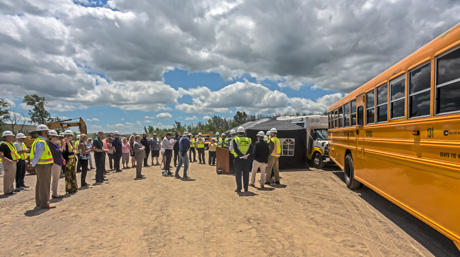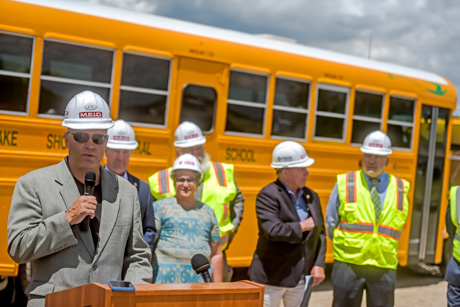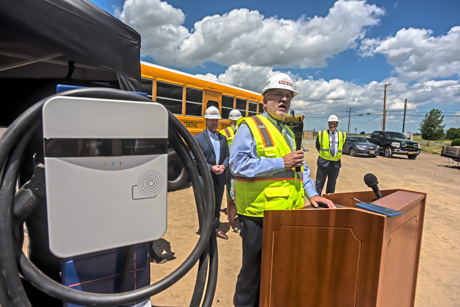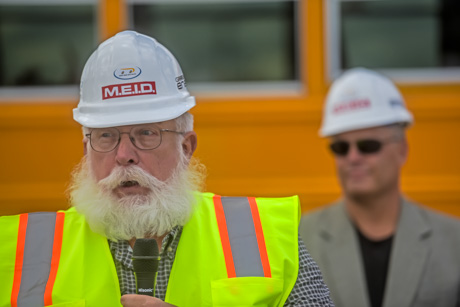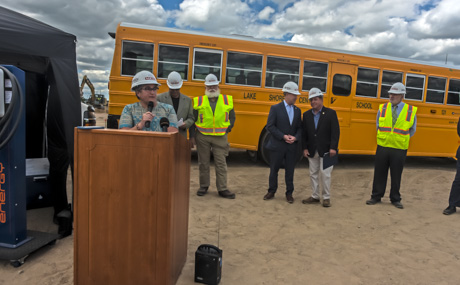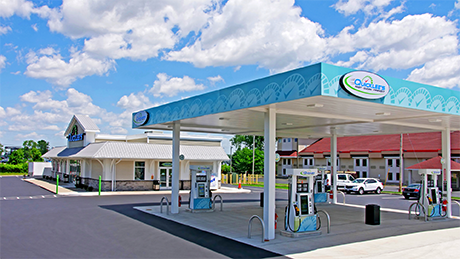Brighton Securities forms the Hicks Wealth Management Team

Press release:
Brighton Securities, a Rochester, NY headquartered Financial Services firm, today announced the formation of The Hicks Wealth Management team at Brighton Securities. The Hicks Wealth Management team is an internal Brighton Securities team lead by Steve Hicks, our Batavia Branch Manager and Senior Vice President; Michael Restivo, Financial Advisor, and Amy Sherman, Client Service Associate.
With over 15 years of experience servicing the GLOW region, Steve Hicks founded The Hicks Wealth Management team at Brighton Securities, which is based at our Brighton Securities Batavia Branch location and serves clients in the GLOW region and specifically Batavia, Albion, Buffalo and Rochester.
“I am incredibly proud of the work we have done throughout my 15-year tenure at Brighton Securities to help our clients not simply meet their financial goals and objectives, but hopefully live more fulfilled lives. The relationships I have shared and developed with all my clients have made this as rewarding a career as I could have ever imagined. And to continue with that dedication, I have partnered with Mike Restivo and have founded Hicks Wealth Management.” “At Hicks Wealth Management at Brighton Securities, our mission is to be a trusted partner that our clients can rely on for the years ahead,” said Steve Hicks. Hicks Wealth Management at Brighton Securities is committed to providing solutions and guidance that positively impact the financial well-being of our clients and their families. “We know that each client is different, and each situation is different.” Said Steve Hicks. “Someone in Batavia or Albion may have different questions and concerns than someone in Rochester. We understand that, and we want to help guide our clients through those challenges, whatever they might be.”
“The investment in continuing to grow our team in Batavia demonstrates our continued commitment to serve our clients and our communities better. Mike’s addition to the team reflects Brighton Securities focused efforts in growing our firm organically, attracting top talent and competitively elevating our team as a best-in-class financial firm.” Said Melissa Hawryschuk, CEO. Hicks Wealth Management has a strong foundation of excellent client care to build on that will enable Brighton Securities’ ability to meet the financial needs of our clients continually. “I look forward to this group’s strategic growth strategy and look forward to broadening our firm’s community outreach and enriching our depth of dedicated service to our clients.”



